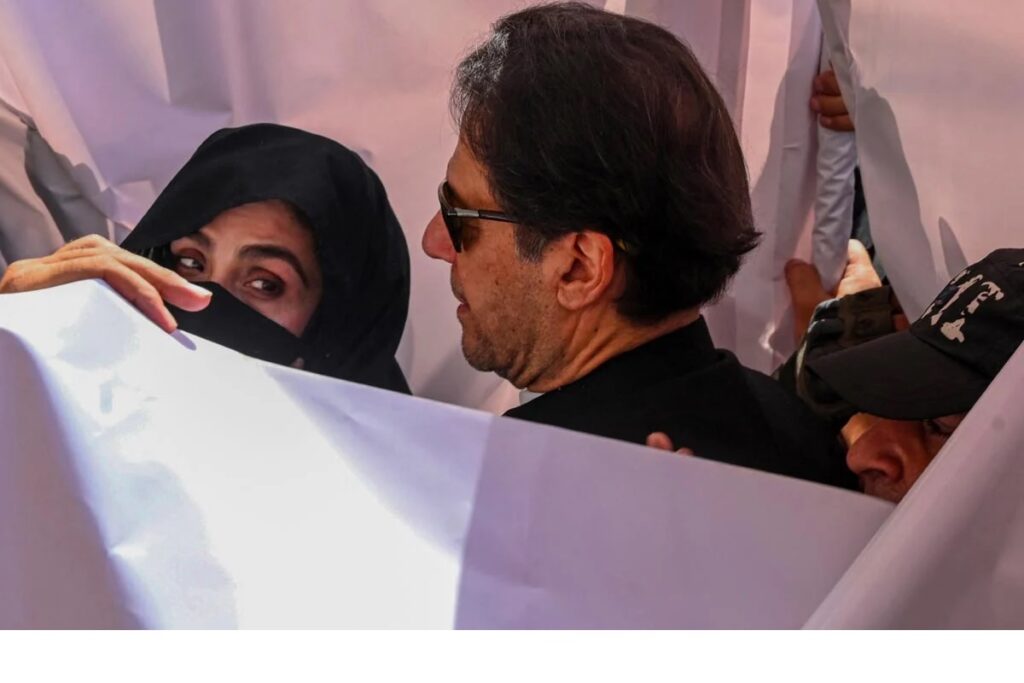ISLAMABAD:
As Pakistan readies itself to celebrate its 77th Independence Day, the judiciary remains in the shadow of colonial-era practices, clinging to long vacations originally intended for British judges to escape the subcontinent’s searing heat.
The tradition persists even as the nation grapples with political instability often tied to judicial decisions.
The Supreme Court’s July 12 ruling regarding the reserved seats in the national and provincial assemblies has recently sparked a tense standoff with the ruling coalition, as they have not only raised concerns about the judiciary’s timing but chided it over going on for vacations without issuing the detailed judgment.
The long vacations began soon after the short verdict was announced, delaying the detailed reasoning.
Seeing it as an opportunity, the Parliament countered the judgment by passing an amendment to the Election Act of 2017, which political experts argue is intended to hinder the smooth implementation of the court’s decision.
Defence Minister Khawaja Asif’s recent warning of a “constitutional meltdown” underscores the gravity of the crisis and raises urgent questions about the judiciary’s role during this critical time.
As, on the one hand, PTI is still awaiting allocation of the reserved seats while, on the other hand, the Election Commission of Pakistan (ECP) has got a chance to delay the implementation of the top court’s ruling owing to delay in detailed judgment and government side’s move.
“If SC had issued detailed reasons for the short order by now and the review petition was also disposed of, the ongoing confusion and a large part of the controversy would have been avoided,” said Pakistan Institute of Legislative Development and Transparency (PILDAT) President Ahmed Bilal Mehboob.
“In my opinion,” the PILDAT chief said, “till the time the Elections (Second Amendment) Act, 2024 is overturned, this act will be applicable and ECP would not be able to proceed further.”
Although, Mehboob said, he being an ordinary non-partisan person supports that PTI should get its due share of reserved seats in national and provincial assemblies in the true spirit of the constitution and law, a section of judiciary and legal experts believe that due respect to the letter of the law is important too.
“The Act and the dissent note by the two judges have definitely strengthened the arguments of PML-N legal team,” Mehboob said, “but it remains to be seen how much influence will this have on the review petition proceedings.”
Soon after the judgment, members of the ruling parties had filed review petitions, arguing that relief was provided to PTI when it wasn’t even before the court as a petitioner.
The issues of reserved seats had surfaced after the Sunni Ittehad Council (SIC), under whose banner PTI is sitting in the Parliament, approached the SC to challenge the ECP’s decision of depriving it of the reserved seats and distributing the same among the ruling parties because it hadn’t submitted the list for the reserved seats in time.
On July 12, the top court declared PTI as a parliamentary party and made it eligible for the reserved seats. This had two major impacts: PTI would emerge as the single largest party in the National Assembly; and, once that happened, the ruling parties would lose the much-desired two-thirds majority in the NA.
“The purpose of amending the election law is clearly to obstruct the decision of the Supreme Court,” renowned political analyst, Zaigham Khan, said. “The larger purpose is to create technical hurdles in PTI’s way and thwart its popularity through such tactics.”
The expert recalled that the process had started before the general elections and “snatching” PTI’s election symbol was a big step in this regard, among other technical hurdles. Subsequently, the party was not allowed to properly enter into parliament, Zaigham said, adding that the party was deprived of the reserved seats.
Zaigham said that a glance at the newly passed bill, which has reportedly been made into a law after the president signed it, shows that it has specifically been created to bar independent lawmakers from changing party and disallow the distribution of reserved seats to a party which hasn’t submitted list for reserved seats within the stipulated time.
Clearly, he said, the ruling parties want to block PTI’s way back into parliament as a political party, adding they wish to keep it attached to the brand name of Sunni Ittehad Council and keep it deprived of the reserved seats.
“I don’t think the Supreme Court will take it lightly,” Zaigham said, stressing that SC will especially see the clause declaring that the bill will be implemented retrospectively – from 2017 when the election law came into being.
Since the law has been enacted with retrospective effect and to block the implementation of the top court’s decision, he said, the matter will finally be settled by the Supreme Court itself.
Though the top court’s attitude is favourable and respectful towards the parliament, he said, there will be legal hurdles in implementing the amendments made in the election act.
On Sunday, just when this piece was being written, Akbar S Babar, a founding member of PTI quipped that “instead of going on “Summer Vacation”, our judiciary needs to go to “Summer School” in Britain to learn how to enforce the writ of the state” – a reference to the recent riots in the UK and how swiftly the judiciary swung into action.
